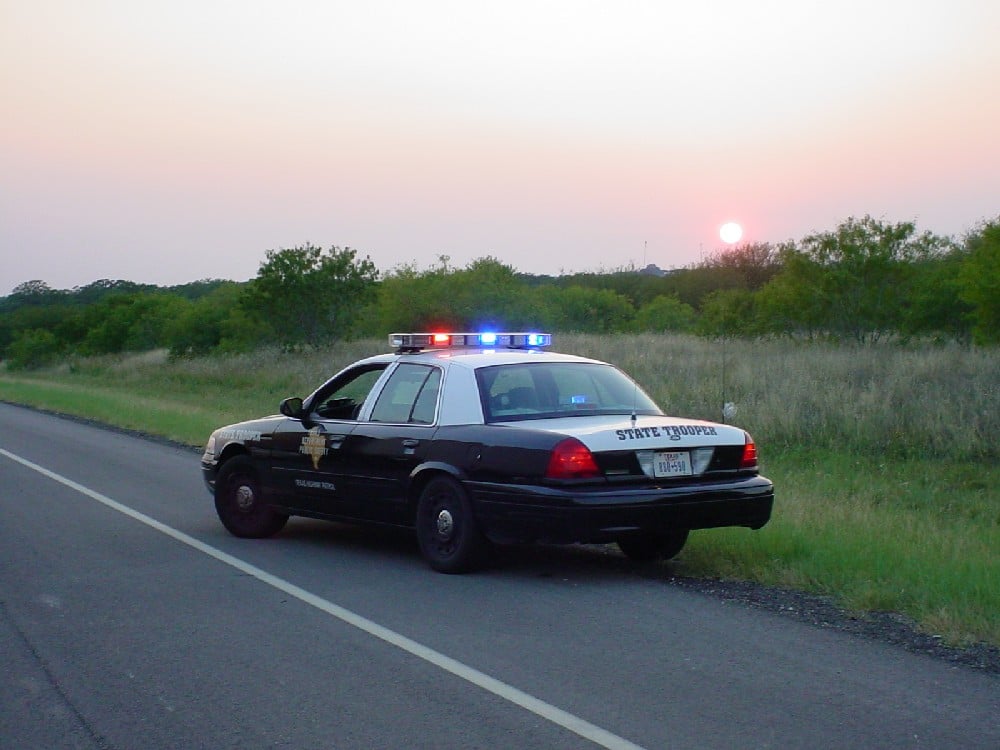Virtual Schools, Virtually Unregulated?
After a technical switch, a virtual school gets around accountability standards
At this point, the Texas Virtual Academy shouldn’t exist. Under the state’s accountability rules, the school should have been shut down or overhauled after failing to meet state standards two years in a row. Instead, students are enrolled now for yet another year, thanks to a loophole for-profit companies contracting with state schools can exploit.
The Texas Virtual Academy, which last year had 2,400 kids, isn’t like other schools. The full-time school, geared toward students between third and eleventh grades, differs from other public schools in two major ways. It’s online-only, meaning students take their classes over the Internet rather than in a bricks-and-mortar classroom. And though it’s paid for with public dollars, operations are managed entirely by a for-profit company, K12 Inc.
But Texas Virtual Academy is still subject to the state’s accountability system—at least in theory. The school was rated unsatisfactory the past two years, despite an intervention team from the state. Normally that would mean the school had to be overhauled or shut down. But despite that performance, it’s still operating. In fact, not much has changed this year. The school’s website is still located on the K12 Inc. server, and the school’s teachers are still K12 Inc. employees rather than state workers.
But there is one slight change this year—location.
For the last five years, the Texas Virtual Academy contracted with the Houston charter Southwest Schools, which paid K12 to manage and operate the establishment.
But the virtual academy failed to meet state standards two years in a row and faced getting shut down. Southwest Schools severed the contract and no longer offered the online program. Yet that was hardly a problem for K12, which simply got a contract with a different charter school. This year, K12 operates Texas Virtual Academy through a contract with Houston charter Responsive Education Solutions. Texas Virtual Academy’s relationship with these charter schools is all on paper. So even though it swtiched host charter school, Texas Virtual Academy is virtually unchanged. The school is still going by the same name and operated by the same company, but its record is wiped clean.
The on-paper switch to a new host charter has given Texas Virtual Academy a completely fresh start.
David Fuller, the head of school for Texas Virtual Academy, shrugged off concerns about performance, explaining that the school was only failing among certain subpopulations and overall doing well. He defended the arrangement. “I don’t understand what you mean, there’s a problem,” he said.
Fuller explained that while the school would get a new identification number, the change wouldn’t be a big deal. “The curriculum is still the same,” he said. “It’s still K12.”
In an emailed statement, the Texas Education Agency said that because Texas Virtual Academy had switched host charters, the agency has little authority to regulate the school:
[A]s we understand it, the TxVA campus of Southwest School is gone and the kids dispersed to unknown locations, the Southwest School is no longer responsible for them, but neither is [Responsive Education Solutions]. Even if some of them enroll in the new campus of [Responsive Education Solutions], whatever it is called, we would not have any authority to intervene. If they all, or the vast majority, enrolled in the new [Responsive Education Solutions] virtual campus, or in their existing virtual campus, we don’t have procedures that address that situation. In summary, we are not certain that we have any authority in terms of requiring interventions for the closed campus, or any standing as related to a successor campus.
That’s quite a loophole.
Nowhere on the school’s website is the switch mentioned. In fact, it’s hard to tell how a parent now would even know about the school’s failing record—since it now has a completely different identification number than it did when it was housed under Southwest Schools.
The loophole has larger implications. After all, the Texas Virtual Academy was part of a larger state initiative to examine the possibilities of online education. The state authorized three such schools, two of which were to be run out of charter schools and one of which was run through the Houston Independent School District. The academy wasn’t unique—in all three cases, the virtual schools were managed and operated by for-profit companies. Presumably, all three could take advantage of the loophole.
As I wrote in my September story on educational industries, there’s a lot of enthusiasm around virtual learning:
It’s much cheaper, by and large, than traditional classroom instruction and, according to proponents, offers more innovative ways for students to learn. As the state struggles with long-term budget challenges, virtual learning will likely become an increasingly appealing option for lawmakers looking to save money—or increase “efficiencies”—as the number of students continues to rise.
But while the appeals of virtual learning are easy to see, the verdict is still out on just how to deliver it. Full-time, online-only schools are controversial, particularly when run through a private, for-profit company.
Texas prides itself both on tough school accountability and non-traditional approaches to education. In this case, K12 found a loophole to make them mutually exclusive.


